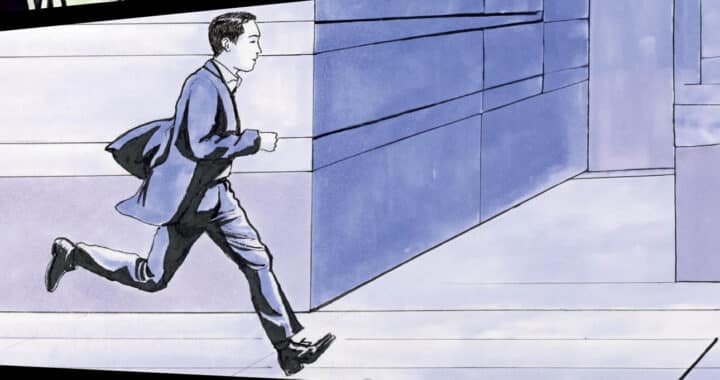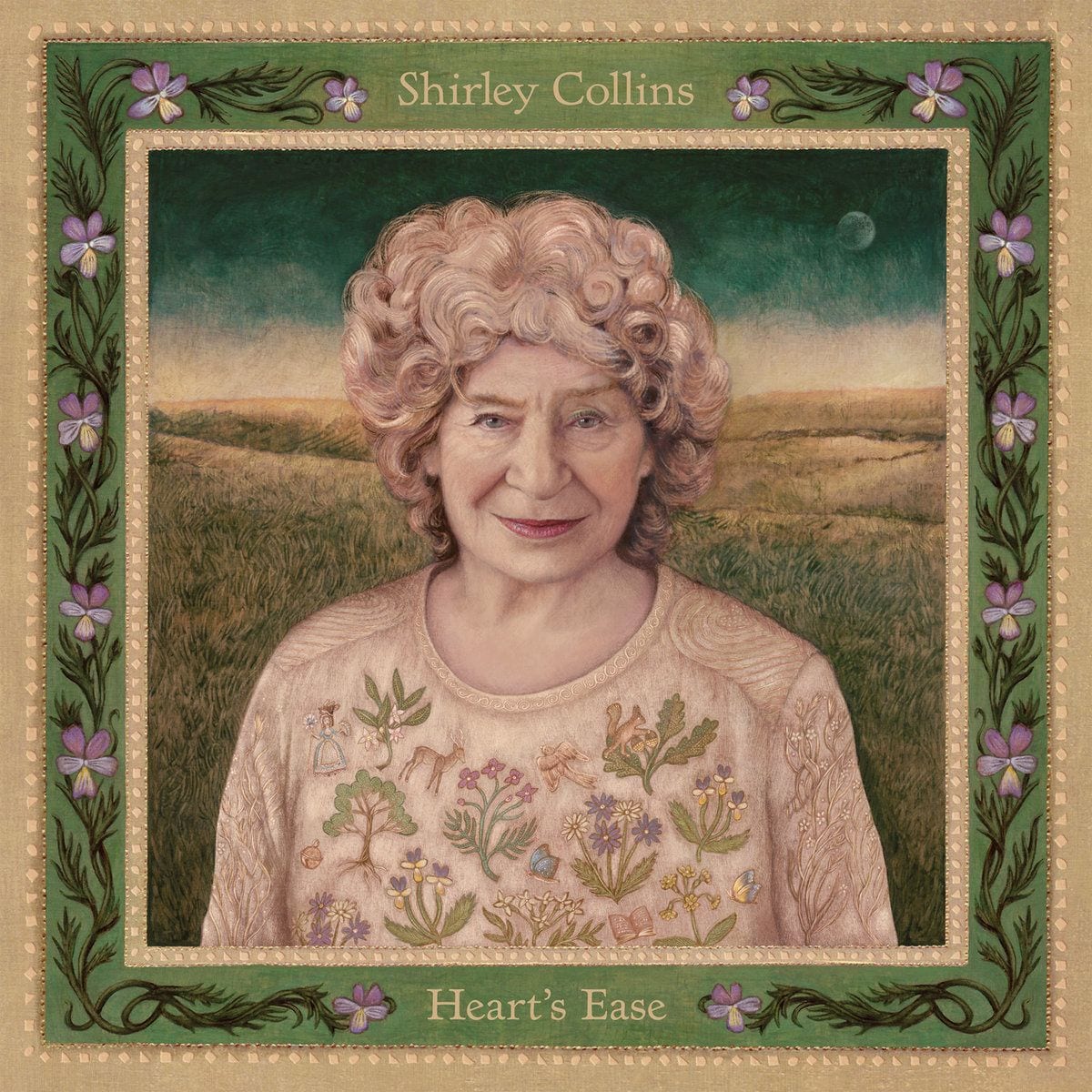
Antonia Hylton’s ‘Madness’ Illuminates the Shadows of Racial Injustice
Madness is a scathing indictment of how Black Americans are disproportionately affected by mental health stigmas, inadequate care, and systemic neglect.

Madness is a scathing indictment of how Black Americans are disproportionately affected by mental health stigmas, inadequate care, and systemic neglect.

Los Bitchos’ Talkie Talkie builds an immersive experience with a larger narrative. They challenge the conventions of rock through sound and representation.

With his graphic memoir Advocate, Eddie Ahn invites readers to contemplate the complexities of pursuing social justice within a profit-driven world.

In Wandering Stars masterful storyteller Tommy Orange shifts our lens from historically imposed assimilation to contemporary cultural reclamation.

The artists in this year's list all use their music to create a sense of unity. Whether it is the acknowledgment of shared oppression, or in contrast, the visibility of identity, Best of Folk Music 2020 is defined by its ability to form a musical common ground.

In 2020, Americana artists empathetically dealt with the things that bind us together and keep us apart. The albums on this list encourage hope for the future based on a belief in the human spirit.

Cyprian Ekwensi's People of the City is a vivid tale of class struggle and identity reclamation in the shadows of colonialism's reign.

The Cradle's Paco Cathcart has curated a thoughtfully multifarious album. Laughing in My Sleep is an impressive collection of 21 tracks, each unapologetic in their rejection of expectations.

Shirley Collins' Heart's Ease makes it apparent these songs do not belong to her as they are ownerless. Collins is the conveyor of their power while ensuring the music maintains cultural importance.

Whereas My Morning Jacket's The Waterfall contemplated conflict, The Waterfall II identifies healing and personal transformation as the next stage of being.

Imploding the Mirage marginally reinvents the Killers' sound, but the lyrics problematically redesign archaic ideology, resulting in a regressive album.

Kamal's psychological thriller, No Going Back, utilizes crime-noir tropes but with purposeful deviations.